The 4th China International Import Expo (CIIE), scheduled offline from Nov. 5 to 10 in Shanghai, has attracted global players bringing their latest products and offering solutions related to agriculture and rural modernization.
Products that are scheduled to be on display include a portable farm from Israel, German biodegradable equipment and Swiss carbon emission reduction service system.
Analysts believe that the exhibits may enlighten government departments, enterprises, institutions and consumers and help broaden their understanding of China's rural vitalization campaign.
The CIIE is the first dedicated import exhibition in the world and has seen fruitful outcomes in the past three expos.
Liu Xiaomin, an entrepreneur from southwest China's Chongqing Municipality, is a frequenter of the expo. Having raked in business success by importing wine and other products from Russia and Uzbekistan, she believes that the CIIE has achieved "win-win cooperation between China and foreign countries."
In February, China declared a "complete victory" in eradicating absolute poverty. Now with the goal of building a moderately prosperous society in all respects realized, China is ramping up efforts to propel rural vitalization.
China will prioritize the development of agriculture and rural areas, and fully advance the rural vitalization strategy during the 2021-2025 period. By 2035, "decisive" progress shall be made, with basic modernization of agriculture and rural areas, and by 2050, rural areas shall see all-around vitalization.
Agribusiness giant Cargill has participated in the past three CIIEs and plans to display its top agricultural products and related processing technologies at the 4th CIIE.
In June 2021, Cargill inked a cooperation agreement with the United Nations World Food Programme, aiming to help corn growers in northeast China better cope with risks and promote sustainable farming.
Liu Jun, president of Cargill China, noted that this year marks the 50th anniversary of Cargill's entry into the Chinese market. "The project demonstrates Cargill's continued commitment to increasing farmers' income and promoting sustainable agricultural development in China," he said.
In 2017, the rural vitalization strategy was elaborated in the report of the 19th National Congress of the Communist Party of China. Exhibitors in the fields of agricultural products, machinery and management grabbed much attention at the first CIIE in November 2018.
Over the past three years, a number of projects signed at the CIIE have facilitated rural vitalization across the country.
Cargill has been adjusting its exhibits to better cater to the demand of Chinese consumers and the strategy of rural vitalization. For example, the company has been shifting from displaying the processing technology of animal-based protein products to commodities that are plant-based, with reduced sugar and low calorie.
Cargill also reached an agreement with China Agricultural Science and Education Foundation to provide training and scholarship to farmers and students at agricultural colleges.
Not only agricultural companies, foreign auto and high-tech firms participating in the expo have also put their eyes on public welfare in rural areas. General Motors has forged cooperation with China Development Research Foundation to aid preschool education in China's rural communities. So far, 618 children aged between three and six in Qinghai, Hunan and other provinces have benefited from the program.









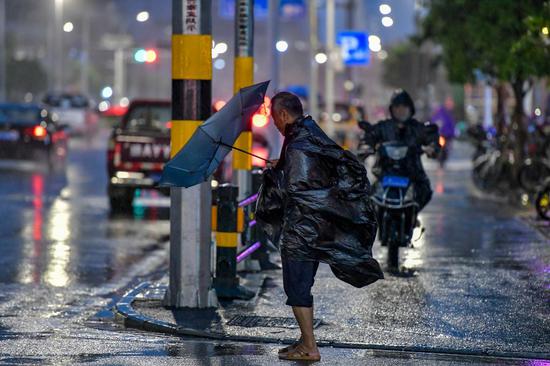
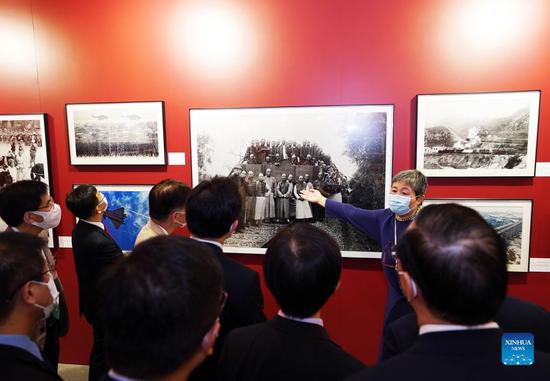



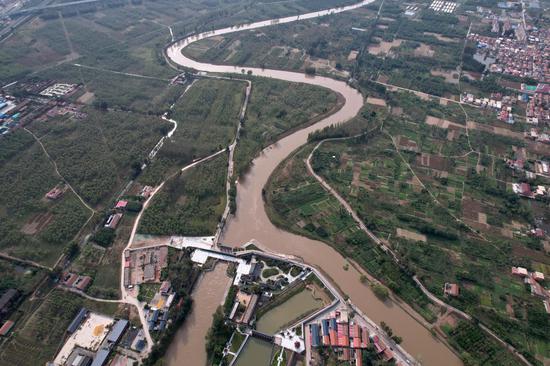
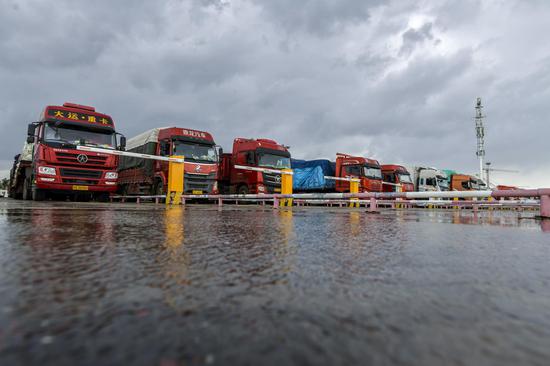

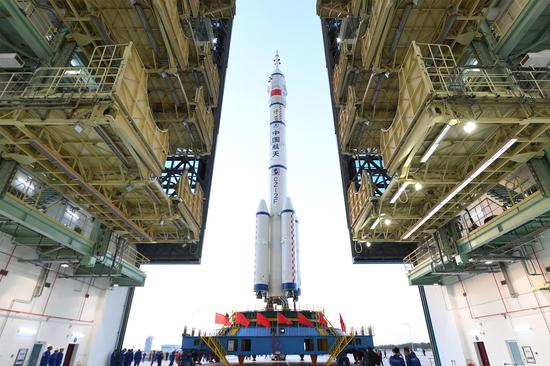

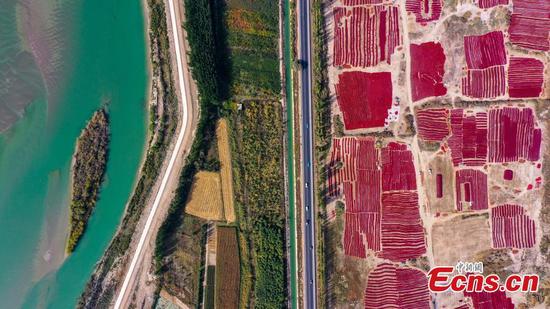

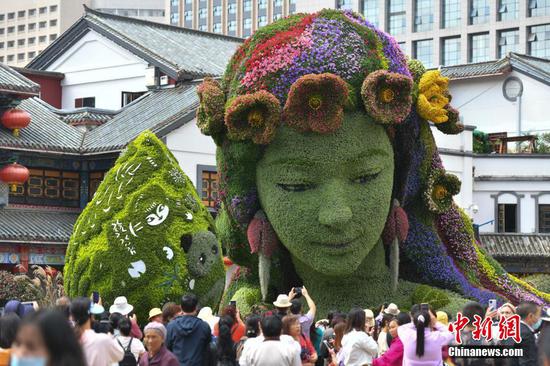

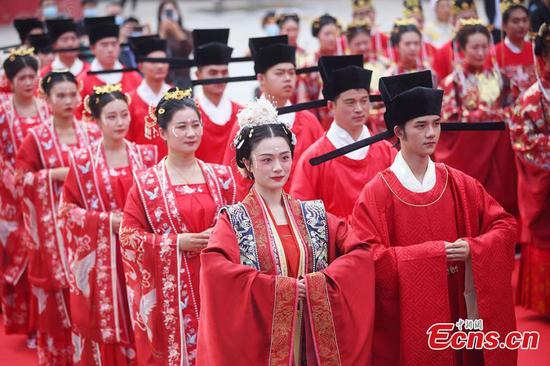
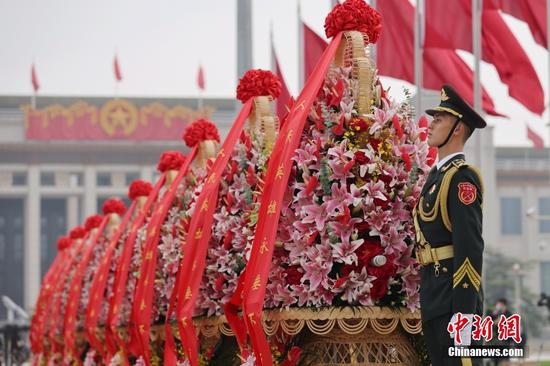

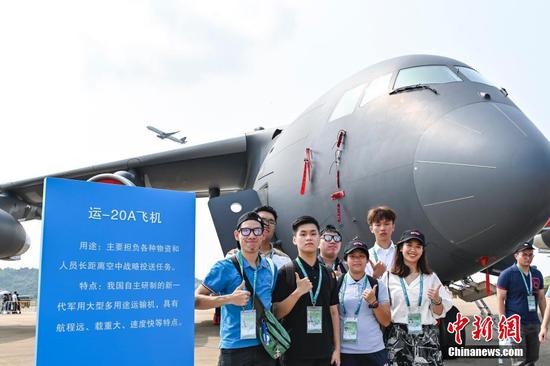


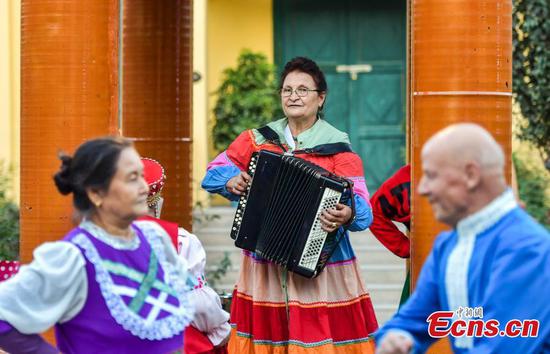





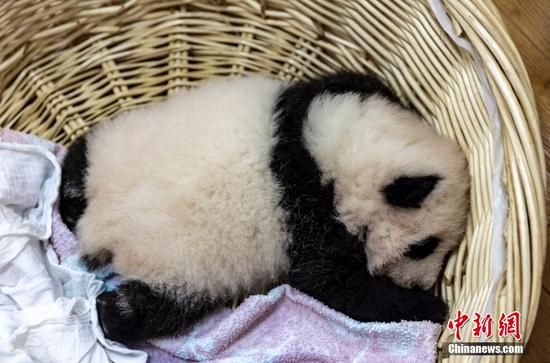
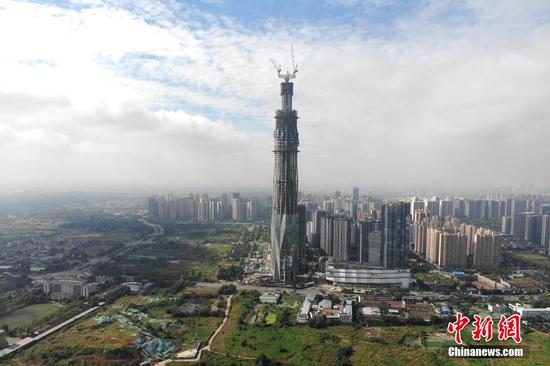
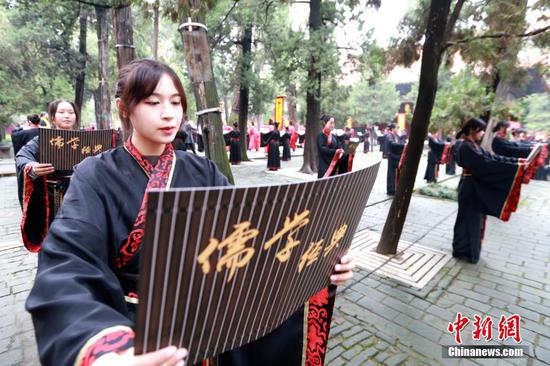

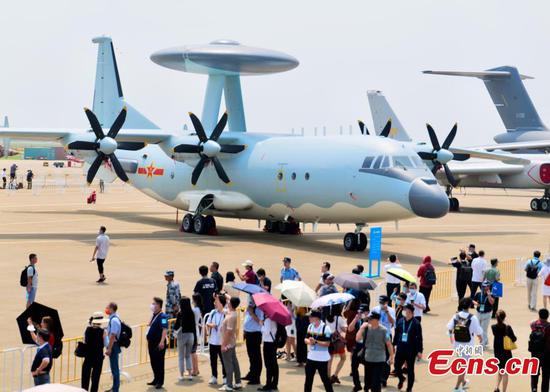
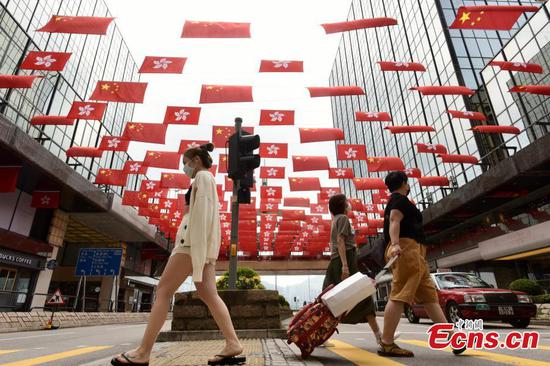
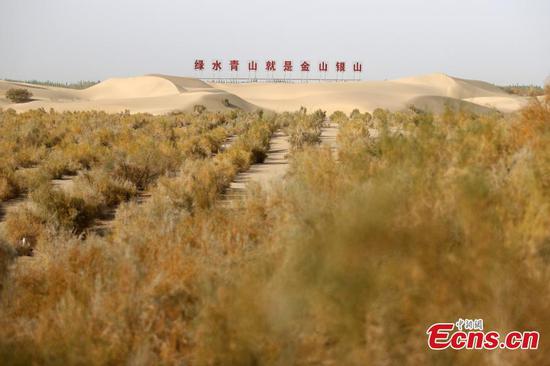
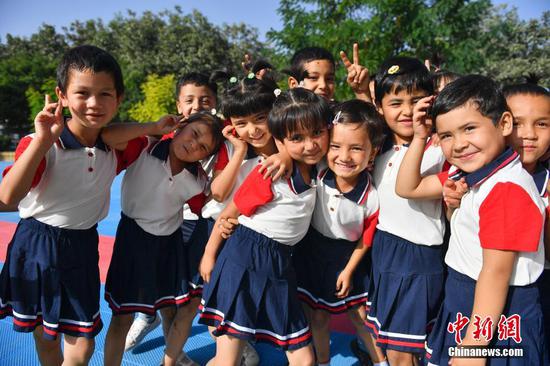
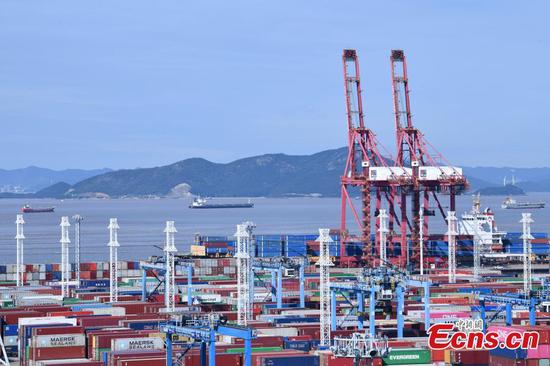
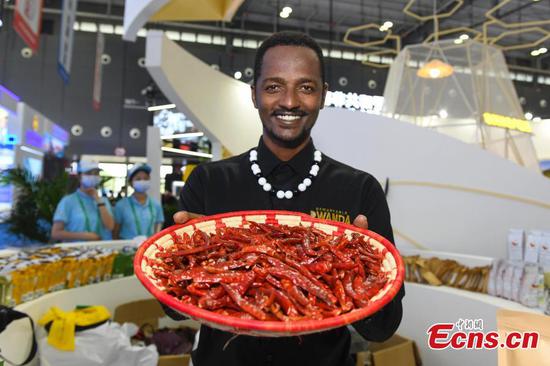





 京公网安备 11010202009201号
京公网安备 11010202009201号